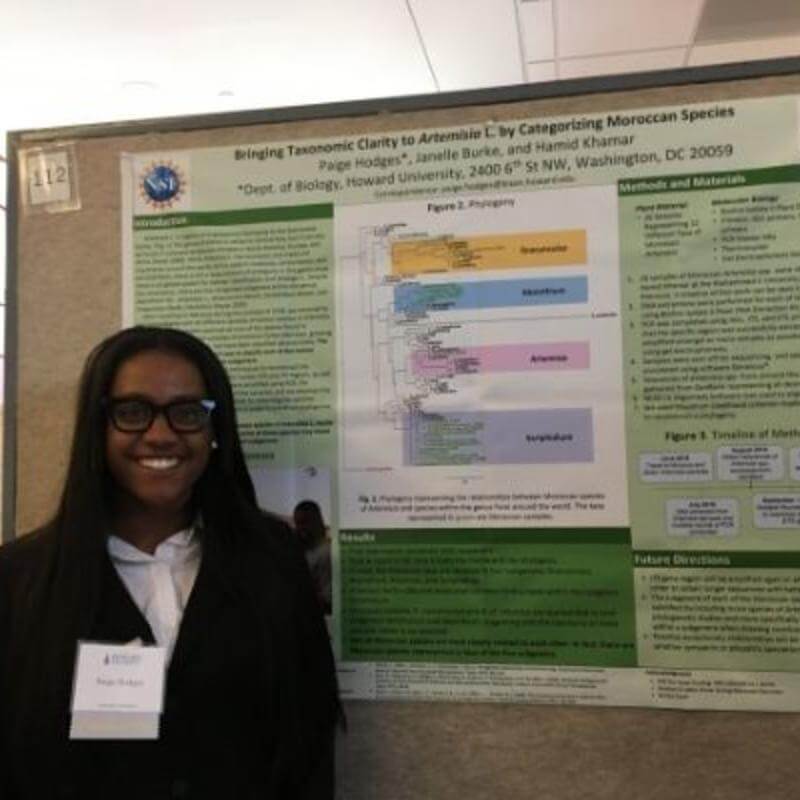Environmental Studies
Environmental issues, including climate change, represent the most, serious challenges in the 21st century.
The Howard University Interdisciplinary Environmental Studies (ES) program prepares students for leadership positions in environmental research, education, and outreach that emphasizes the need to fully incorporate environmental justice into the development and implementation of environmental solutions. This program focuses on environmental problems currently plaguing our nation and the global community, but pays particular attention to issues disproportionately affecting people of color. Issues such as climate change and toxic exposures require leadership and solutions that include the full diversity of all peoples. Howard University is uniquely positioned to train and educate students for this challenge.
The academic program consists of four components:
-
Foundation courses in environmental studies,
-
Research and methods course(s) to provide basic training in empirical research and statistical and data analysis,
-
Advanced courses that expose students to the breadth of the field while allowing focus within the major, and
-
A Capstone Experience in the form of an internship, field school, or a research experience.
To Apply Contact
Dr. Janelle Burke
Program Coordinator
Associate Professor
Department of Biology
Email: Janelle.burke@howard.edu
ES Program Spotlight
Program Structure
Mission
The mission of the interdisciplinary Environmental Studies (ES) program is to produce graduates prepared to take leadership positions in research, education, and outreach in the field of environmental studies—with emphasis on training students to be able to fully integrate the concepts of environmental justice into traditional environmental studies.
Academics
The academic program consists of four components:
- Foundation courses in environmental studies,
- Research and methods course(s) to provide basic training in empirical research and statistical and data analysis,
- Advanced courses that expose students to the breadth of the field while allowing focus within the major, and
- A Capstone Experience in the form of an internship, field school, or a research experience.
Areas of Study
The interdisciplinary areas of study include foci in four broad areas:
- Ecology & Environmental Science
- Human Drivers & Human Impacts
- Legal Aspects of Environmental Problems
- Environmental Policy
The interdisciplinary nature of the program requires engagement of faculty from several disciplines.
Outcomes
. The ES program will develop a cadre of professionals who address that issue and who are trained to:
- recognize that both basic and applied research are necessary to develop solutions to pressing environmental issues;
- identify environmental issues and associated risks for populations of varying ethnic, social, cultural and economic backgrounds;
- establish empowerment programs that improve the capacities of individuals and communities to meaningfully interact in political and scientific discussions as well as affect material outcomes;
- increase knowledge of ecological and cultural relationships, particularly in the vein of understanding how human populations manage, impact, and develop local landscapes, habitats, natural resources, and environments for certain animals and how those environments in turn impact their well-being, flourishing, and sustainability;
- increase understanding of cultural impacts on the environment, thus providing an education focused specifically on the roles and responsibilities of communities in regard to environmental conservation and preservation;
- address and ameliorate the rapidly deteriorating environmental conditions;
- increase representation of individuals from underrepresented groups in environmental decision-making processes.

















